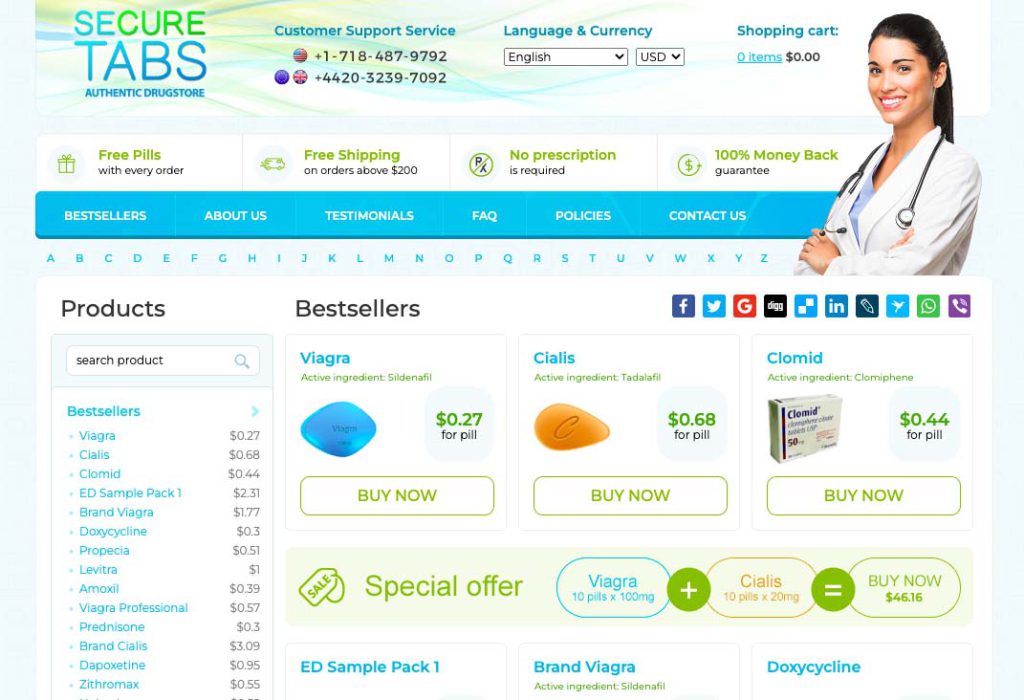Always choose a pharmacy with a strong reputation and verified SSL certificate. Look for the padlock icon in your browser’s address bar; this indicates a secure connection.
Read the pharmacy’s privacy policy carefully. Ensure it clearly outlines how they collect, use, and protect your personal information. Pay close attention to data encryption methods and their commitment to data security standards (like HIPAA compliance if applicable).
Use a strong, unique password for your pharmacy account and avoid using the same password for other online accounts. Consider using a password manager to help you create and manage complex passwords.
Never share your personal information with unsolicited emails or websites. Legitimate pharmacies will never request your financial or medical details via email or unsecured channels.
Pay with secure payment methods like PayPal or credit cards that offer buyer protection. Avoid using less secure payment options or sending cash.
Review your credit card and bank statements regularly to detect any unauthorized charges. Report suspicious activity immediately to your bank and the pharmacy.
Contact the pharmacy directly via their listed phone number or secure contact form if you have privacy concerns. A reputable pharmacy will be happy to address your questions.
Be aware of phishing attempts. Legitimate pharmacies will never send emails requesting personal or financial data. If you receive such an email, delete it immediately.



